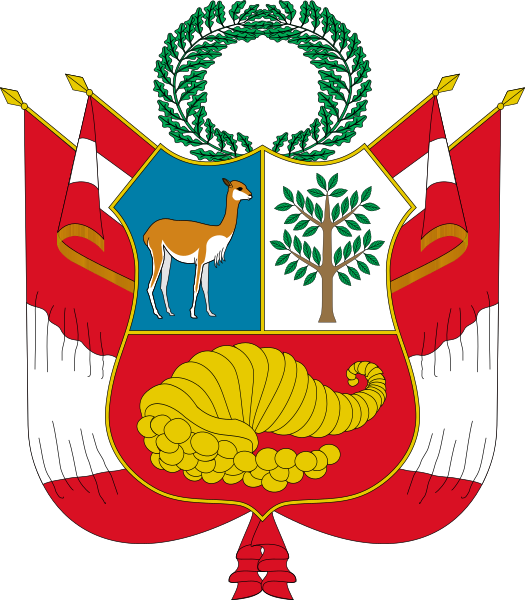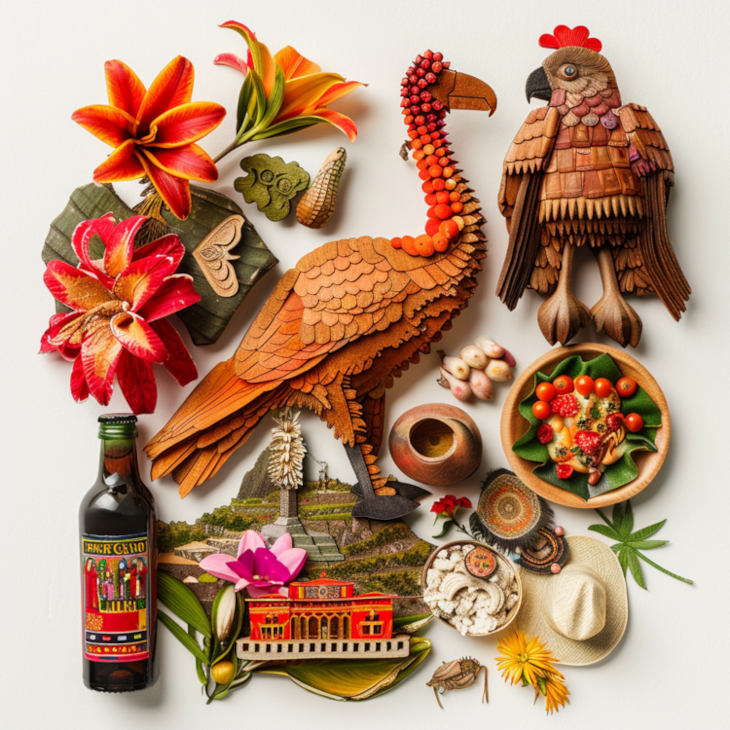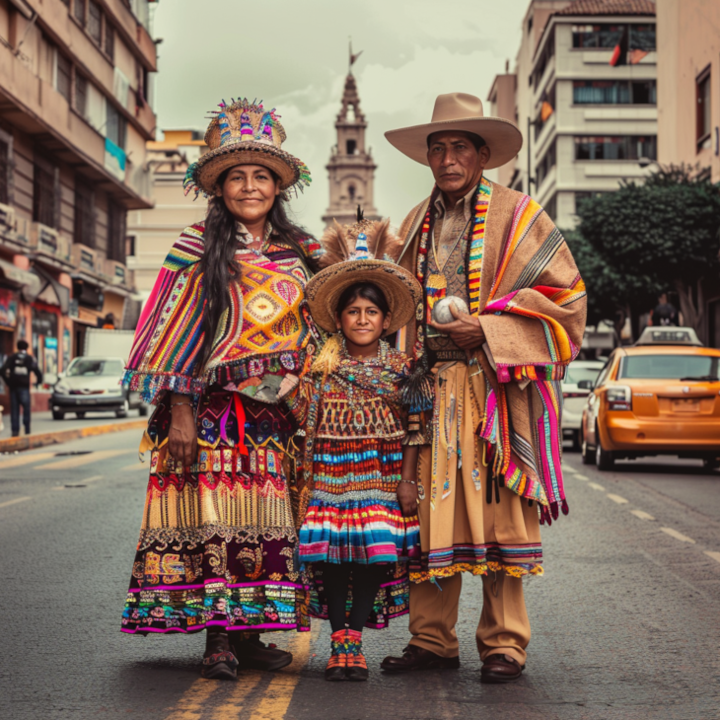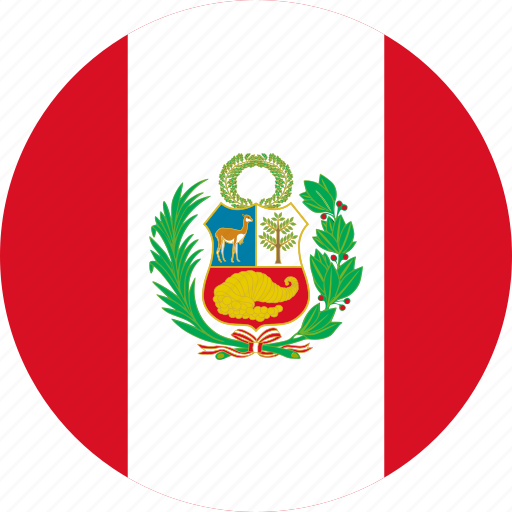About PE

Location
Peru is a country located in western South America, bordered by Ecuador and Colombia to the north, Brazil to the east, Bolivia to the southeast, Chile to the south, and the Pacific Ocean to the west.
Capital
The capital city of Peru is Lima.
Population
As of the latest estimates, Peru has a population of approximately 33 million people, making it the fourth most populous country in South America.
Area
Peru covers a total land area of about 1,285,216 square kilometers (496,093 square miles), making it the 19th largest country in the world by land area.
Official Language
The official language of Peru is Spanish. However, there are also numerous indigenous languages spoken throughout the country, including Quechua, Aymara, and many others.
Government
Peru is a unitary presidential republic with a representative democracy. The President of Peru serves as both the head of state and the head of government. The country has a multi-party system.
Independence
Peru gained independence from Spain on July 28, 1821, led by liberator José de San Martín and later by Simón Bolívar.
Currency
The currency of Peru is the Peruvian Sol (PEN).
Economy
Peru has a mixed economy with a diverse range of sectors, including agriculture, mining, manufacturing, and services. It is one of the world's largest producers of copper, silver, and gold. The country has experienced significant economic growth in recent years, although income inequality and poverty remain challenges.
Natural Features
Peru is known for its diverse geography, including the Andes Mountains, the Amazon rainforest, and the Pacific coast. It is home to numerous natural wonders, including the ancient city of Machu Picchu, the Nazca Lines, and Lake Titicaca, the highest navigable lake in the world.
Culture
Peru has a rich cultural heritage influenced by its indigenous peoples, as well as Spanish colonial and other immigrant cultures. Traditional Peruvian music, dance, cuisine, and festivals are celebrated throughout the country.
Religion
Roman Catholicism is the predominant religion in Peru, although there is religious freedom and other faiths are practiced, including various indigenous beliefs and Protestant Christianity.
Education
Peru has made significant strides in improving access to education in recent decades, although challenges remain, particularly in rural and remote areas. The country has a system of public and private schools, as well as universities and technical institutes.
Tourism
Peru is a popular tourist destination, attracting visitors from around the world to explore its rich history, culture, and natural beauty. Tourist attractions include Machu Picchu, the Inca Trail, the Sacred Valley, the Amazon rainforest, and colonial cities such as Cusco and Arequipa.
International Relations
Peru maintains diplomatic relations with countries around the world and is a member of various international organizations, including the United Nations, the Organization of American States (OAS), and the Pacific Alliance.

National Items of Peru
Andean Cock-of-the-Rock
The Andean Cock-of-the-Rock (Rupicola peruvianus) is the national bird of Peru. Known for its striking bright orange plumage and distinctive crest, it symbolizes the rich biodiversity and natural beauty of the Andean region.
Cantuta (Qantu)
The Cantuta (Cantua buxifolia) is the national flower of Peru. This beautiful flower, often found in shades of red, pink, and white, represents the natural beauty and cultural heritage of the Andean region.
Cinchona Tree
The Cinchona tree (Cinchona officinalis) is the national tree of Peru. Known for its medicinal properties, particularly as a source of quinine used to treat malaria, it symbolizes the country's rich natural resources and traditional knowledge.
Llama
The llama is a significant animal in Peru, especially in the highland regions. It represents the traditional Andean way of life and is an important part of the country's agricultural and cultural heritage.
Pisco
Pisco is a traditional Peruvian brandy made from distilled grape wine. It represents the country's rich viticultural heritage and is a significant part of Peruvian cuisine and culture.
Inca Kola
Inca Kola is a popular soft drink in Peru, known for its distinct yellow color and unique flavor. It symbolizes the country's modern cultural identity and culinary traditions.
Ceviche
Ceviche, a dish made from fresh raw fish marinated in citrus juices, is a staple of Peruvian cuisine. It represents the country's rich culinary traditions and the importance of seafood in the national diet.
Machu Picchu
Machu Picchu is an ancient Incan citadel located in the Andes Mountains. It symbolizes Peru's rich historical and cultural heritage and is one of the most famous archaeological sites in the world.
Inti Raymi
Inti Raymi, or the Festival of the Sun, is an ancient Incan celebration that is still observed in Peru. It represents the country's indigenous heritage and connection to ancient traditions.
Peruvian Paso Horse
The Peruvian Paso Horse is a breed known for its smooth gait and endurance. It symbolizes the country's equestrian traditions and cultural heritage.

This anthem symbolizes the struggle for freedom and independence that the Peruvian people have endured throughout their history. It reflects the nation's commitment to liberty and sovereignty.
The national anthem of Peru is called "Himno Nacional del Perú" in Spanish, which translates to "National Anthem of Peru" in English. Here are the lyrics in Spanish along with an English translation:
Somos libres, seámoslo siempre,
y antes niegue sus luces el sol,
que faltemos al voto solemne
que la patria al Eterno elevó.
CORO:
¡Largo tiempo el peruano oprimido
la ominosa cadena arrastró!
Condenado a una eterna servidumbre
más atrocen que la misma muerte.
CORO:
Compatriotas, no más verla esclava
si humillada tres veces juró
que el relicto de la opresión no esclava
sea eternamente el corazón.
CORO:
¡Libertad! Libertad! Libertad!
Independencia! Independencia! Independencia!
Eterna gloria a los hijos del pueblo
que supieron cumplir con su deber.
We are free, may we always be so,
and may the sun deny its light,
before we fail the solemn vow
that our homeland raised to the Eternal.
CHORUS:
For a long time, the oppressed Peruvian
dragged the ominous chain!
Condemned to an eternal servitude
more atrocious than death itself.
CHORUS:
Compatriots, no more seeing her enslaved
if humiliated three times she swore
that the remnant of oppression would not enslave,
may the heart be eternally free.
CHORUS:
Freedom! Freedom! Freedom!
Independence! Independence! Independence!
Eternal glory to the sons of the people
who knew how to fulfill their duty.


